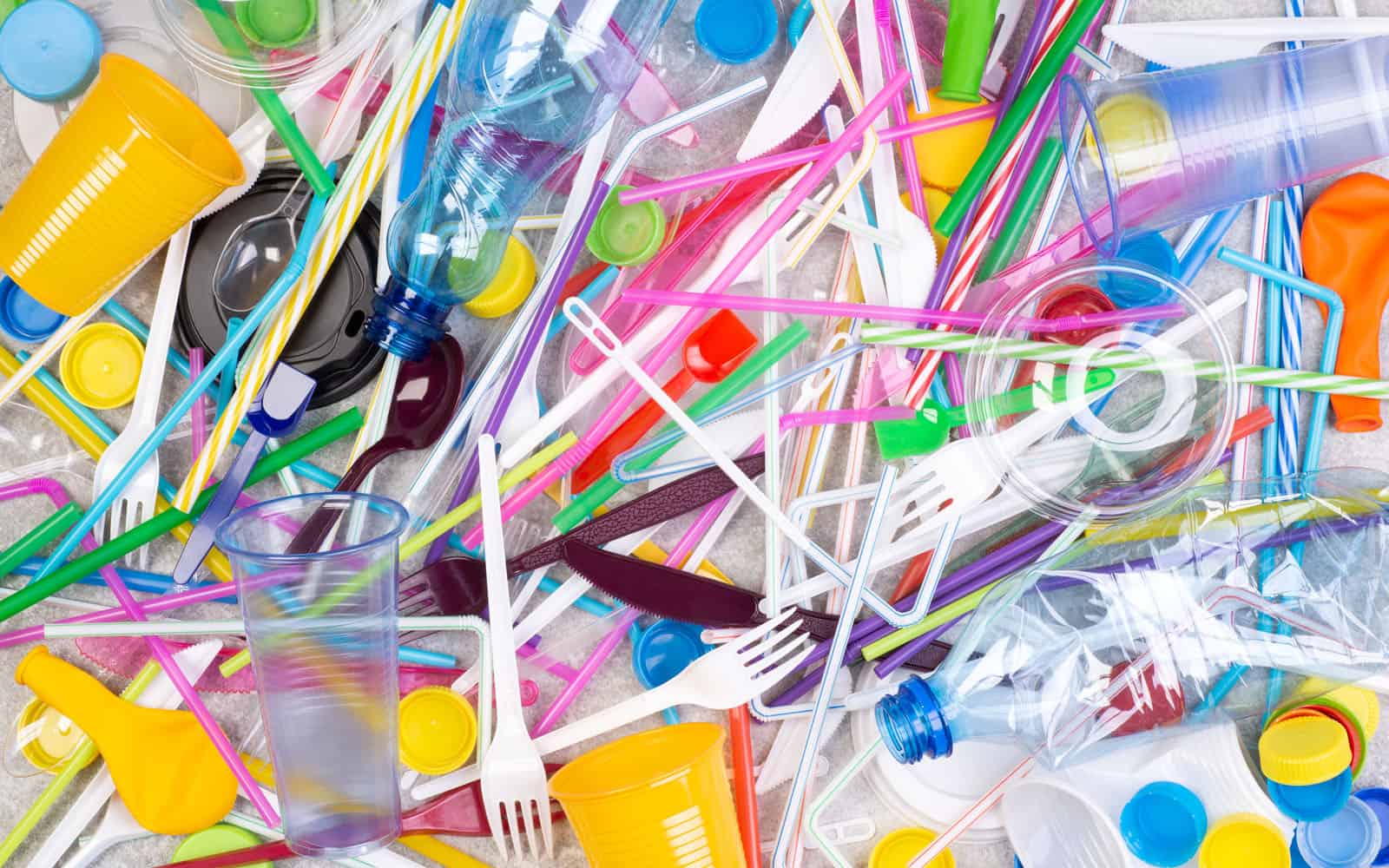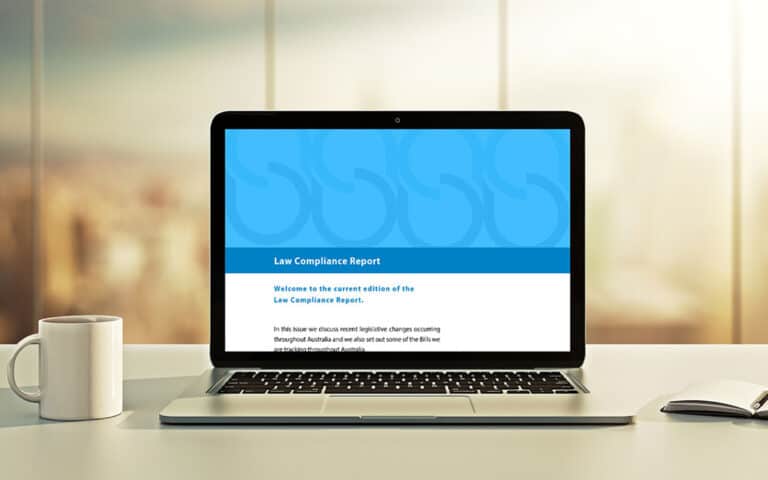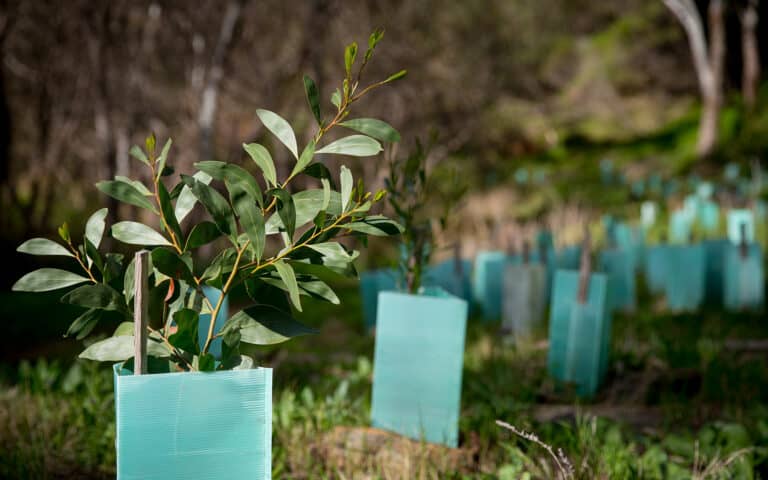This article applies to organisations who supply plastic shopping bags and single-use plastic items in Queensland.
Waste Reduction and Recycling Regulation 2023 (Qld)
On 25 August 2023, relevant parts of the Waste Reduction and Recycling Regulation 2023 (Qld) (the WRR Regulation) commenced, with the remaining Parts 5 and 6 of the Regulation commenced on 1 September 2023. Following a sunset review, the WRR Regulation was introduced to replace the Waste Reduction and Recycling Regulation 2011 (Qld) that was due to expire. The objective of the WRR Regulation is to continue to provide a regulatory mechanism for the implementation of the Waste Regulation and Recycling Act 2011 (Qld) (the Act).
By way of overview, the WRR Regulation expands the ban on the supply of single-use plastic shopping bags and other single-use plastic items. These changes are discussed below.
Banned supply of plastic shopping bags
Section 99D of the Act provides that a retailer must not give a banned plastic shopping bag to a person to use to carry goods the retailer sells from the retailer’s premises.
Relevantly, section 99B of the Act defines a banned plastic shopping bag to be a carry bag with handles:
- made, in whole or in part, of plastic (whether or not the plastic is degradable) that has a thickness of less than:
- the thickness prescribed by regulation; or
- if a thickness has not been prescribed by regulation -35 microns; or
- prescribed by regulation to be a banned plastic shopping bag.
Of note, regulation 28 of the WRR Regulation has now expanded the definition of a banned plastic shopping bag by prescribing a carry bag if:
- the carry bag is made, in whole or part, of plastic film (whether or not the plastic is degradable) that has a thickness of 35 microns or more; and
- for a carry bag made of non-compostable plastic—the carry bag contains less than 80% recycled plastic content; and
- the carry bag is not of a size and durability that would allow it to be used to carry 10kg of goods at least 125 times, as tested by a standardised test related to the reusability, durability and endurance of the carry bag.
Banned single-use plastic items
Section 99GD of the Act provides that a person who conducts a business or undertaking must not, in the course of conducting the business or undertaking, sell a banned single-use plastic item to another person. This restriction does not however apply to the sale of a banned single-use plastic item by or to a person who conducts an exempt business or undertaking, or if the person selling the item reasonably believes the sale is a step in a supply chain for the supply of the item to a person who conducts an exempt business or undertaking.
An exempt business or undertaking means:
- a community corrections office under the Corrective Services Act 2006 (Qld); or
- a corrective services facility under the Corrective Services Act 2006 (Qld); or
- a healthcare business or undertaking; or
- a school; or
- a business or undertaking, prescribed by regulation for this definition, that involves the sale or supply of banned single-use plastic items for use by persons with a disability or healthcare needs.
A healthcare business or undertaking means any of the following businesses or undertakings (however called):
- a clinic or facility that provides care to persons with a disability or healthcare needs;
- a dental clinic;
- a hospital;
- a medical clinic;
- a medical supply business or undertaking;
- a pharmacy;
- a business or undertaking that is substantially similar to a business or undertaking mentioned in any of the points above.
Section 99GC(1)(a) prescribes items such as plates, straws, stirrers, etc. to be banned single-use plastic items, while section 99GC(1)(b) of the Act provides that the WRR Regulation may prescribe additional single-use plastic items to be a banned single-use plastic item. In this regard, regulation 29 of the WRR Regulation now prescribes that each of the following is also a banned single-use plastic item:
- a banned cotton bud;
- a banned rinsable product;
- loose-fill packaging material made, in whole or part, of expanded polystyrene (EPS).
A banned cotton bud means a cotton bud with a plastic stem, other than a cotton bud that is used or intended to be used for testing carried out for forensic, medical, scientific or law enforcement purposes.
A banned rinsable product means:
- a cosmetic, or product for personal care, that:
- contains plastic microbeads; and
- is intended to be rinsed or washed off immediately or shortly after use; or
- a product for general cleaning that:
- contains plastic microbeads; and
- is intended to be used in a way that will result in the product being rinsed or washed down a drain.
Conclusion
Organisations that supply plastic shopping bags and single-use plastic items should ensure compliance with the new provisions introduced by the WRR Regulation as discussed above.




